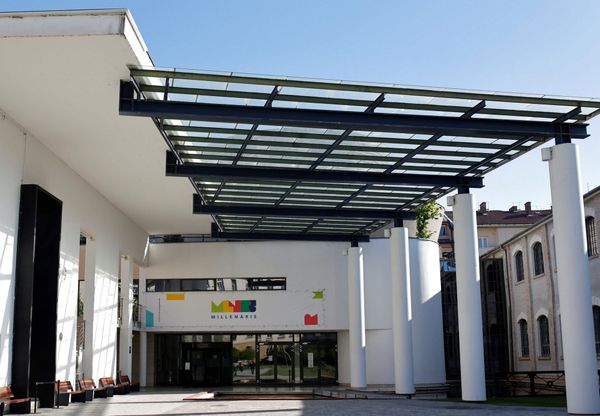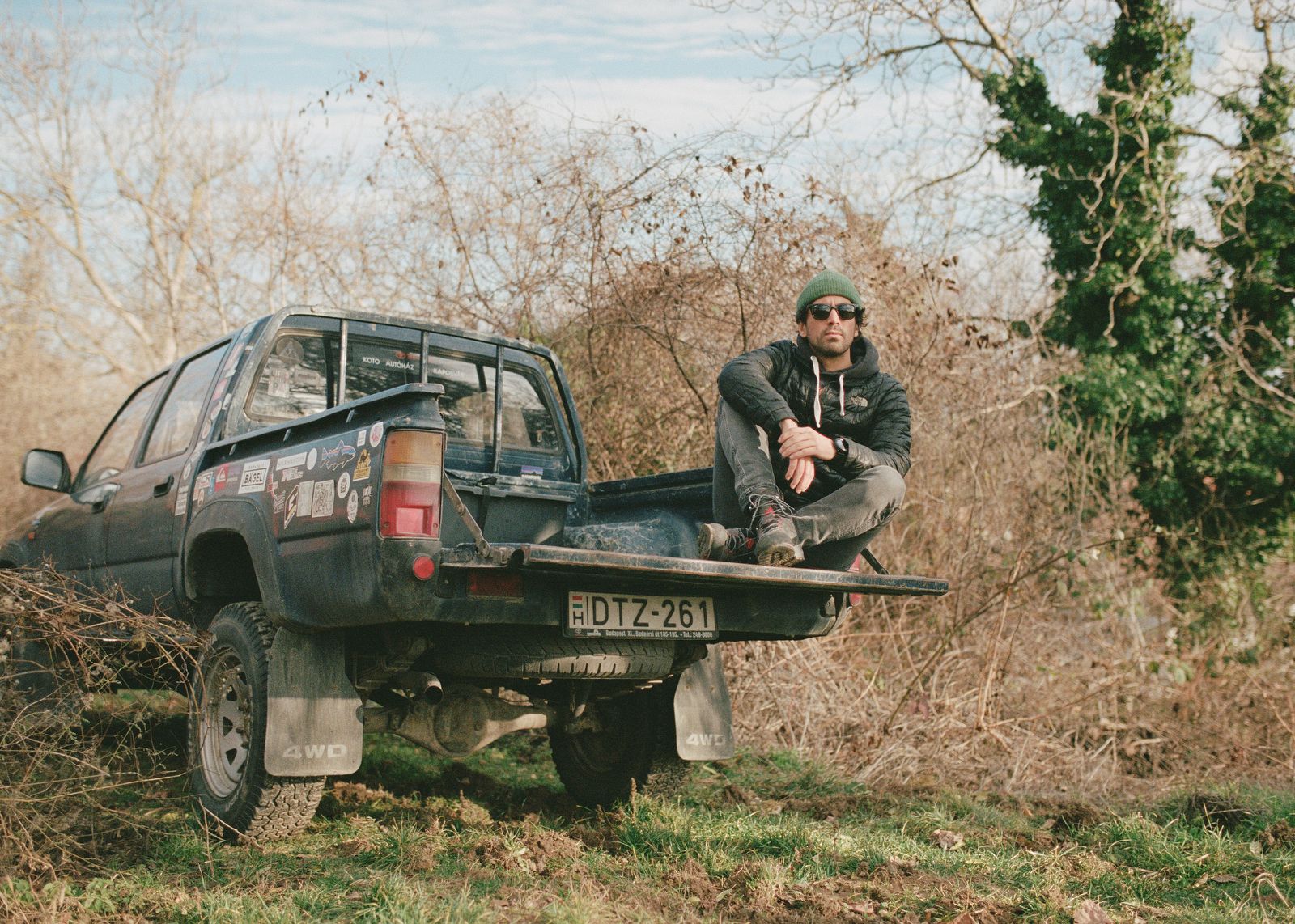The founder of Budapest Bagel and Telep considers himself a renaissance man and if a title should be attached to his name, he feels that ”man of solutions” is the most appropriate. Even when traveling, Levente Trellay only uses his GPS device as rarely as possible, and he doesn’t use a smartphone at all. He doesn’t consider digital devices to be from the Devil, but prefers to exist intuitively, to gain real experiences. We visited Levente in his house in Révfülöp, where time flows very differently from that in the big city—the needle sizzles on the vinyl record, the tea boils and the favorite motorbike rolls out of the garage. Interview!
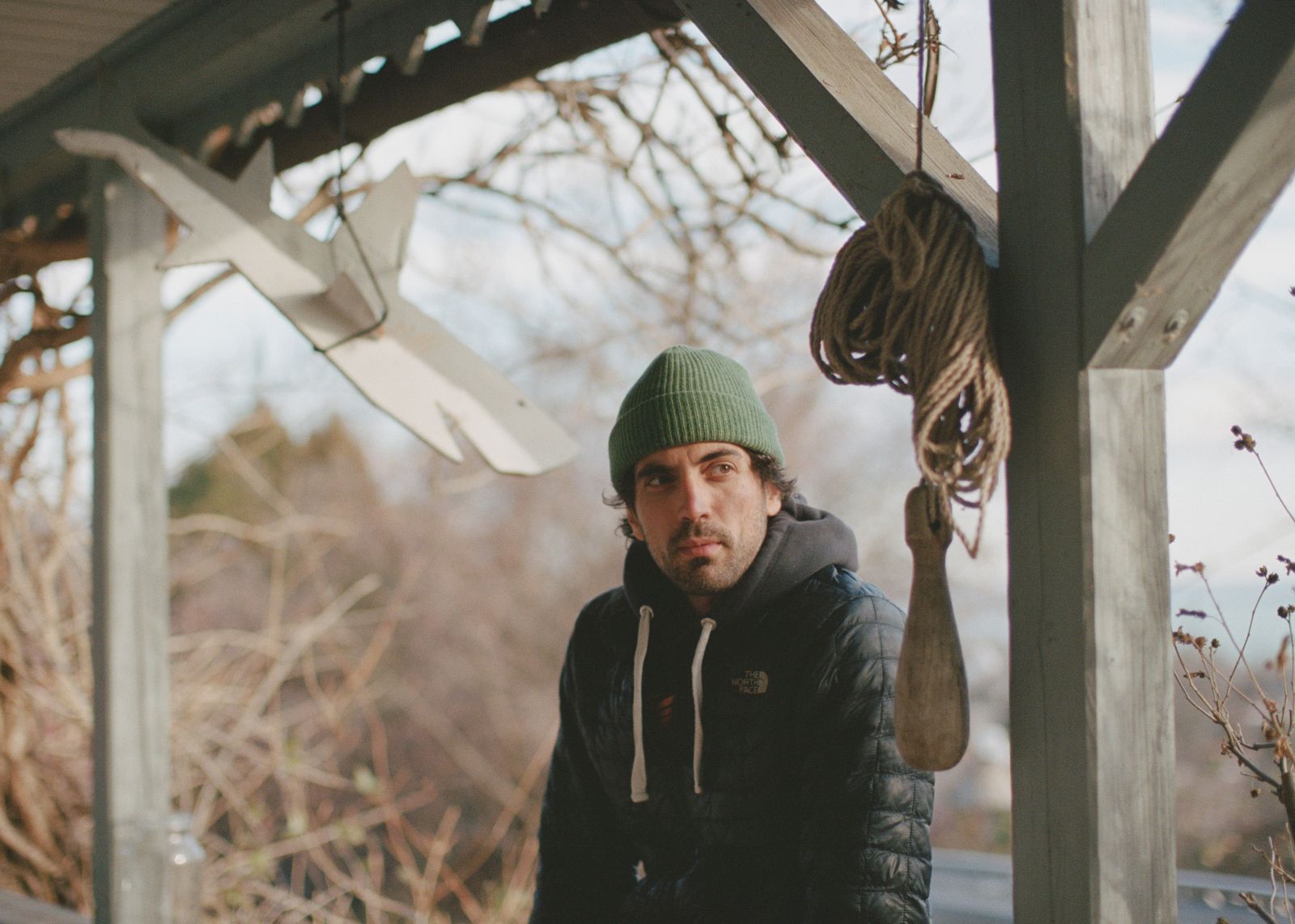
You don’t use smartphones, and you have no television either. How intentional is that? Do you consciously keep away from these devices? What about the gadgets you do own for some reason, like a laptop or tablet? What do you use them and the platforms they provide—Instagram, Facebook—for and how?
Indeed, it is intentional. I’m a visual person, I like pictures, and these phones are well suited to that: you’re constantly on the web, you’re confronted with visual content tailored to you. It’s a bit like the case of the child addicted to sweets who gets into a candy shop. Then, when I had been using a smartphone for about two years, I became diabetic, figuratively speaking, and my body signaled this at a certain point. I could see myself constantly staring at the screen with my head down, and I would just compulsively pull the phone out of my pocket to look at it—even when I had other things to do. The phone simply moved into my life in a much more intense way than before.
I was unable to use my smartphone in the right way: I felt trapped by this device—with its functions, its constant online presence—and I wanted it to be a tool in my life, rather than me being the tool for my phone. That’s my personal experience, I don’t want to be a pioneer in that, it just felt unhealthy.
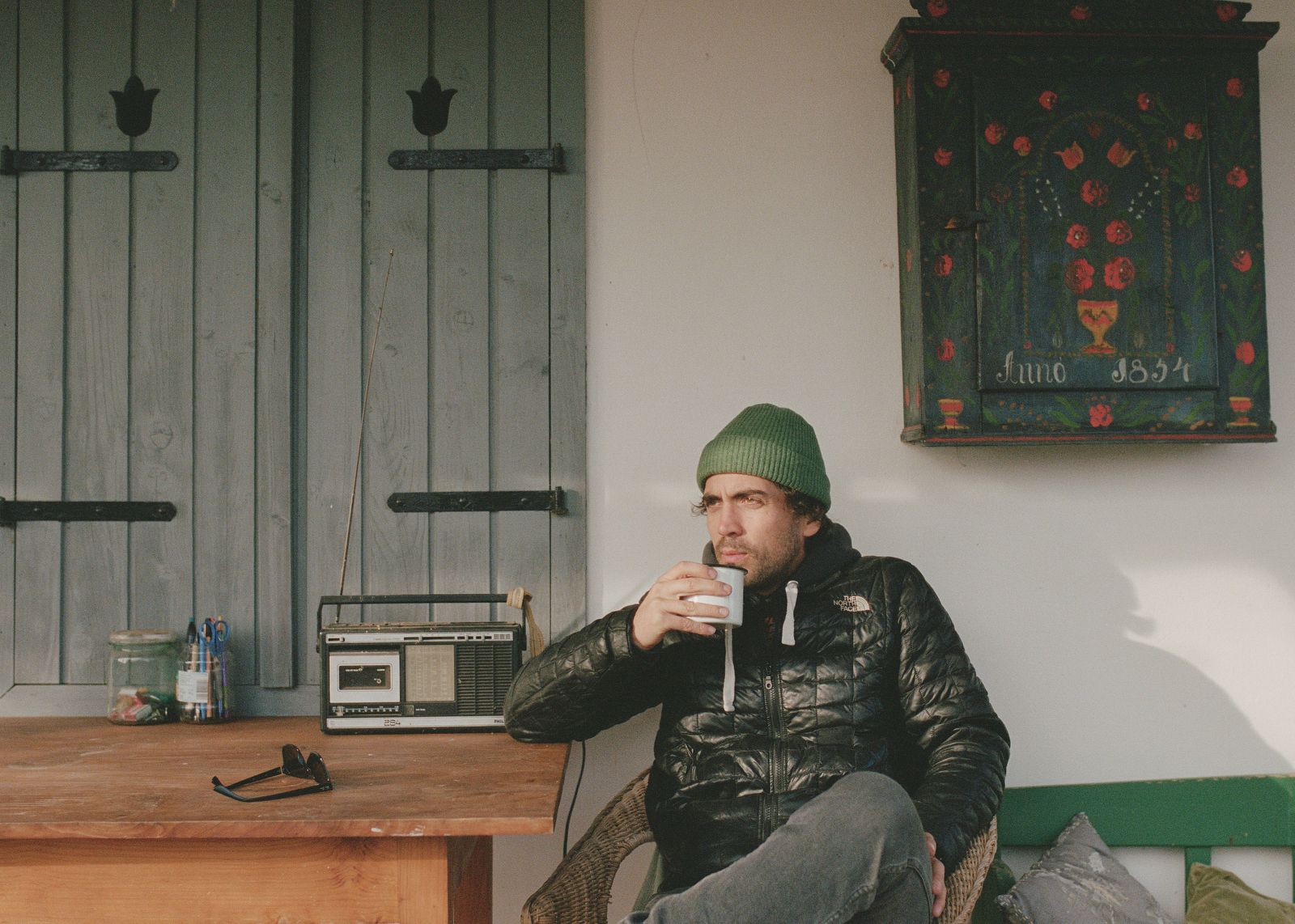
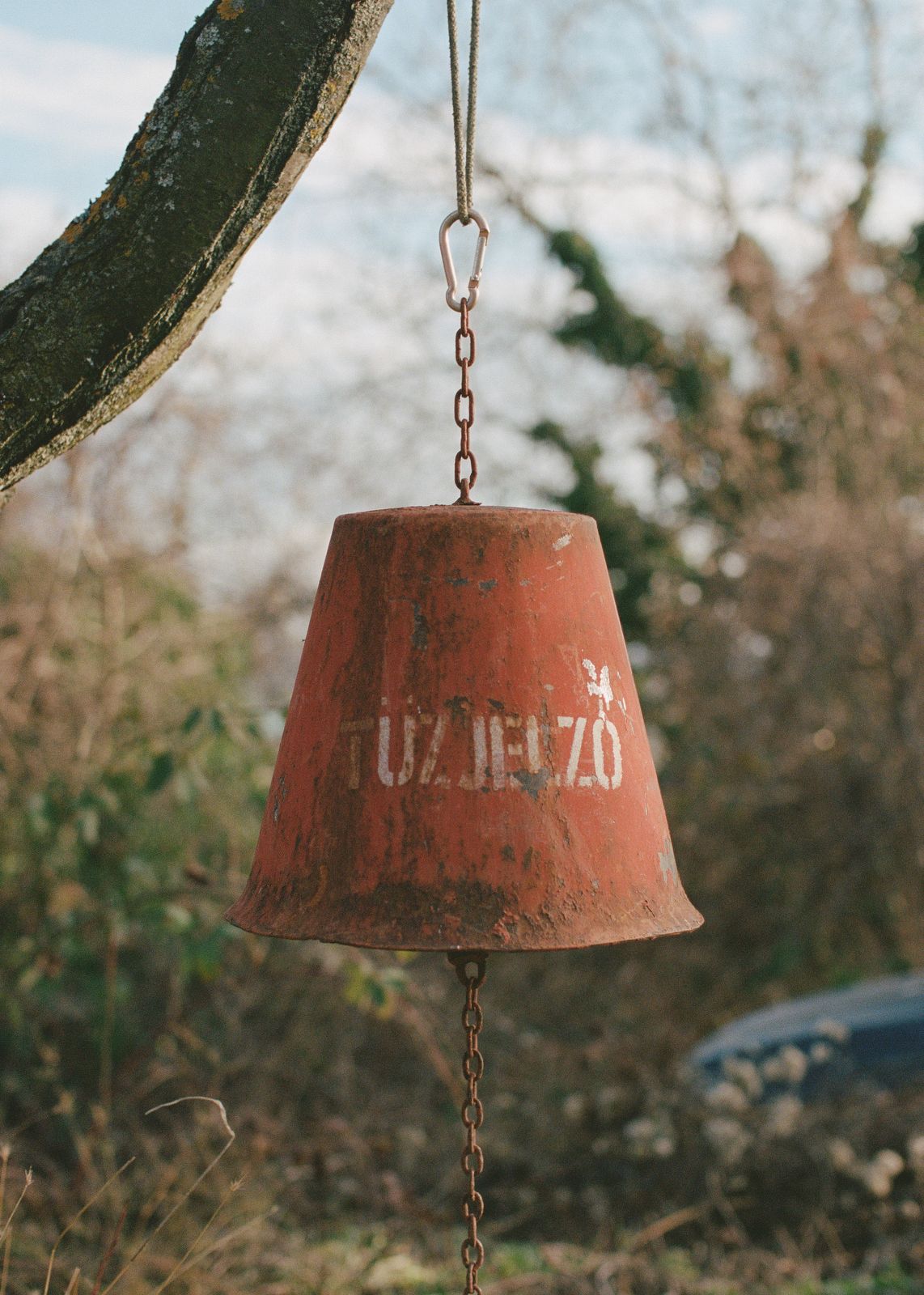
The great thing about a tablet is that, because of its size, you don’t carry it in your pocket, but in your backpack, so it’s not always within reach. For me, it’s a useful tool: I can write things on it, but it’s not as big as a laptop (my laptop is more like a desktop anyway, always resting on my desk, only it has Facebook and a normal word processor, for example).
Facebook is—alongside Gmail—a communication channel: it is like a well-edited chat room used to be. If we’re talking about priorities, for me, the person who calls or texts me on the phone is the most important, followed by someone who emails me, and only then comes the Facebook message, which I usually check at the end of the day on my ”desktop computer”.
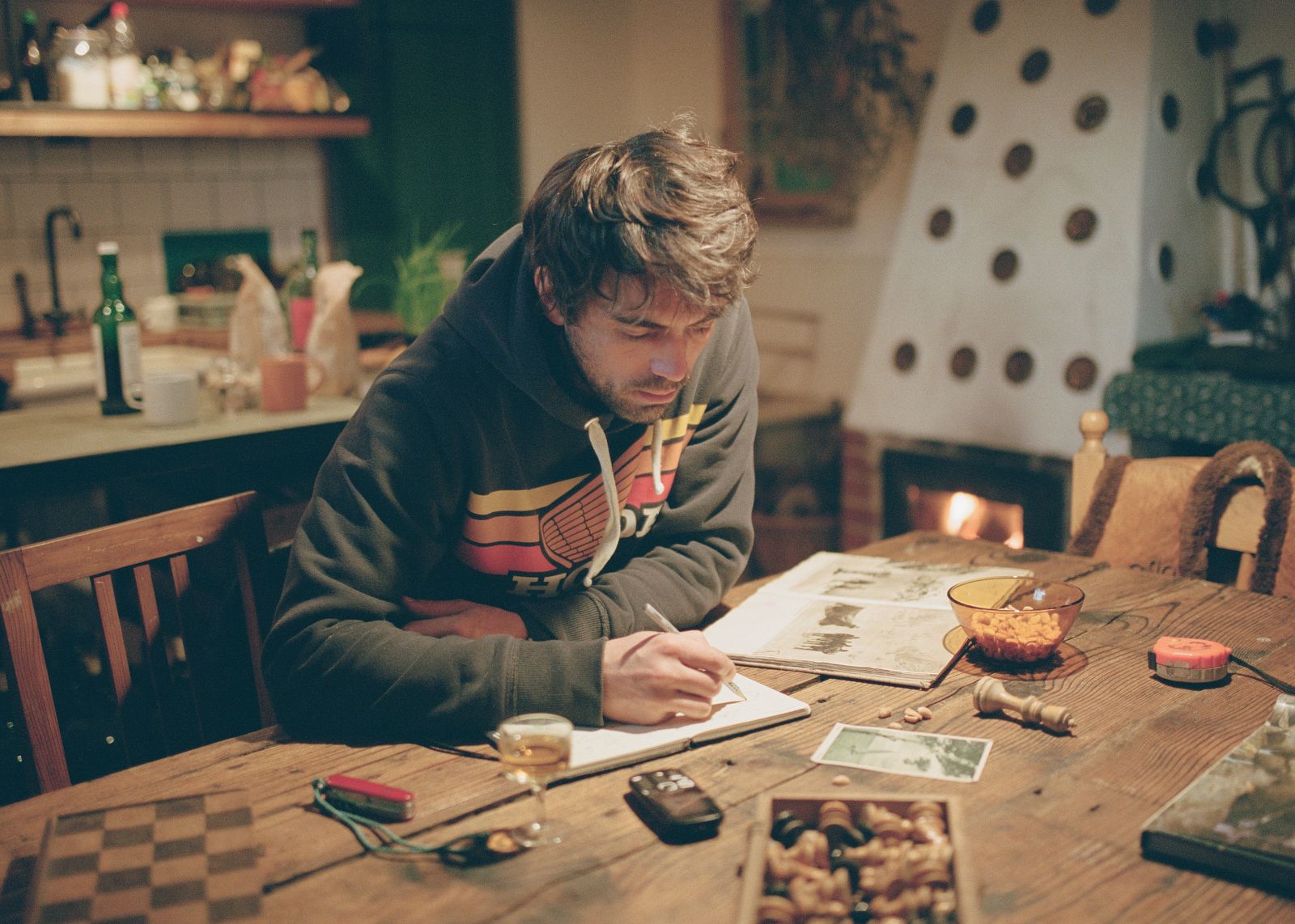
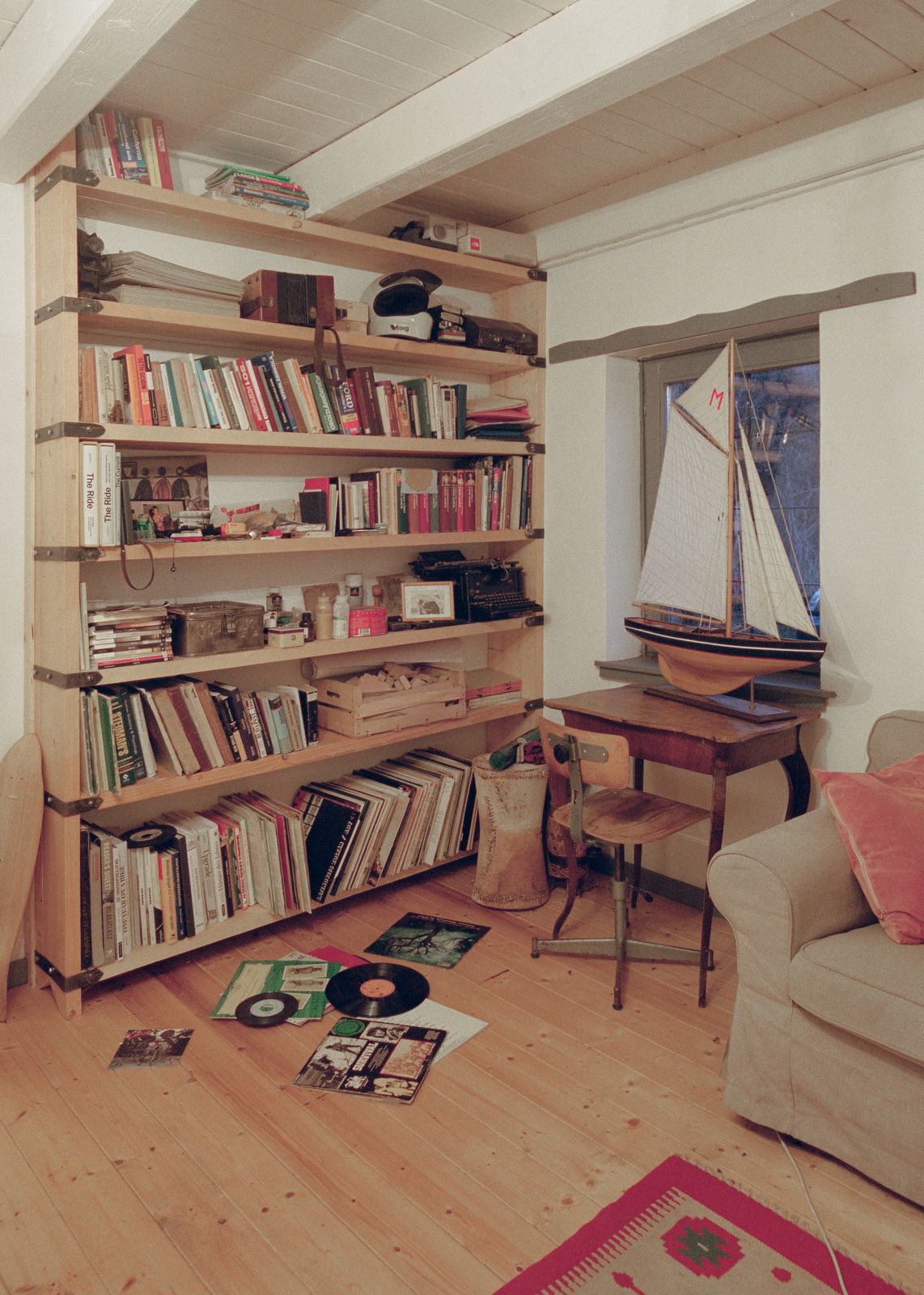
For example, I think of my Instagram account as a kind of personal magazine about me that anyone can ”read”, but I only share certain types of content from my life. I also don’t consider my Instagram presence to be absolutely important, but since we have several businesses that we are practically the faces of (Telep, Budapest Bagel—ed.), it’s useful to share our own content every now and then, which can build these businesses or serve good causes (Levente is an ambassador of Highlights of Hungary for the sixth year—ed.).
I don’t consider these smart tools to be from the Devil, but I couldn’t keep a balance, I drowned myself in the content, and it was to the detriment of my intellectual work. It also took away time when I should have been simply thinking, in the classic sense of the word: just sitting somewhere, looking at the sky. It’s interesting to see who’s doing what in the world, it’s a very exciting thing, but at the same time, it’s important to see what I think about the world without seeing it from others. If you are constantly looking at Pinterest, Instagram and other platforms that generate content for you based on algorithms, where does one’s imagination come in?
Designing and tinkering have always been typical of you: you made some of the furniture for the Telep yourself when it first opened, and some time ago—partly as a result of the Covid-period—you developed welding to a professional level, which allows you to offer a variety of tailor-made solutions to those who come to you with a commission. Do you use digital tools in your designs, do you draw inspiration from online interfaces or stick to paper and pencil?
The truth is, I’ve got to the stage where I really need to use digital tools and programs. Now I draw with a scale ruler. Since my computer doesn’t have enough capacity and unfortunately, I don’t know how to use design programs, I design completely analog with a slide rule and on paper. I’ve been thinking about enrolling in a course and learning to use it because what I really want is to have these programs running on my computer to help me with my work. But I’m also a bit lazy to do it: tasks keep coming in, and this kind of improvement (for myself and the infrastructure) somehow always gets left behind.
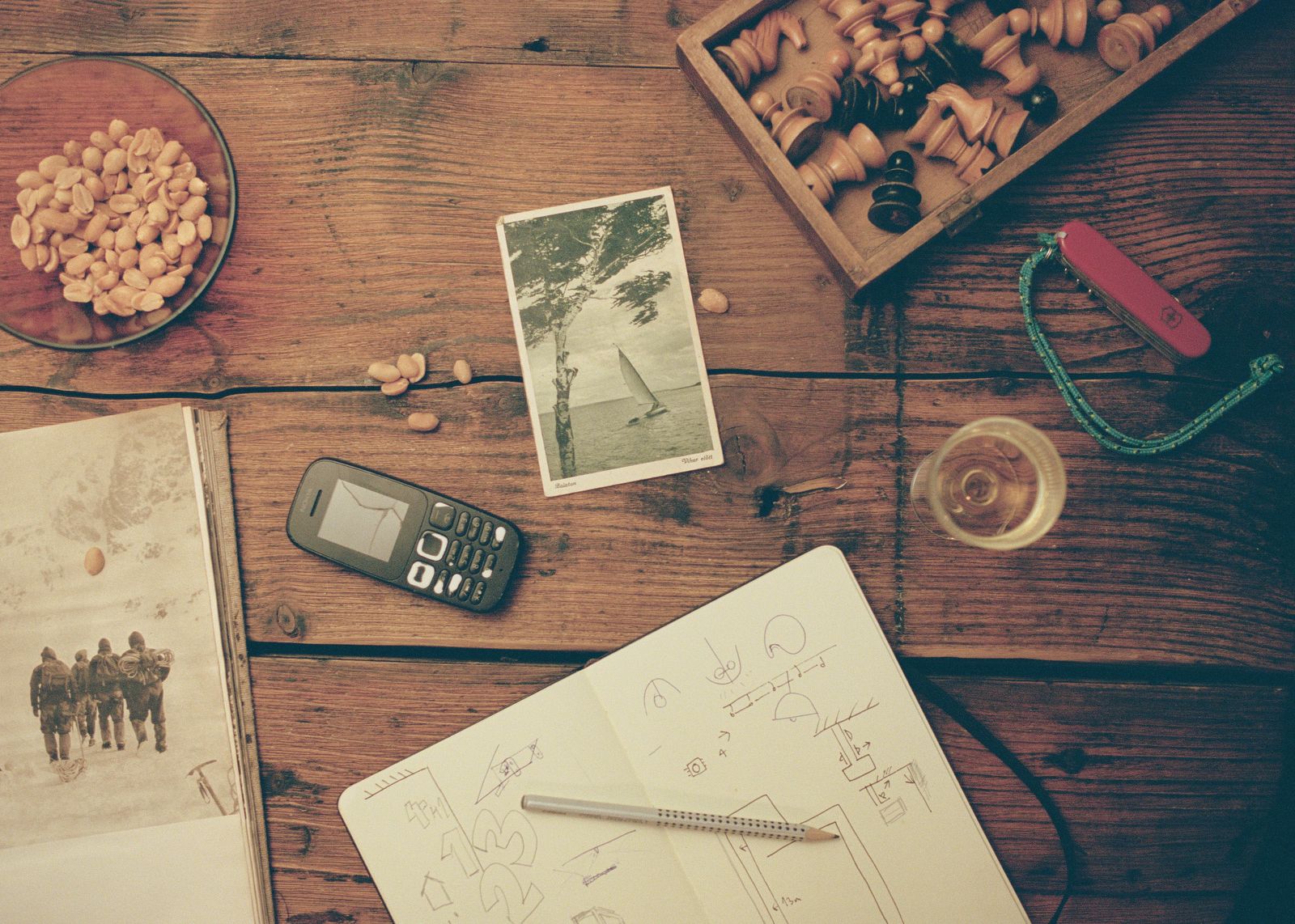
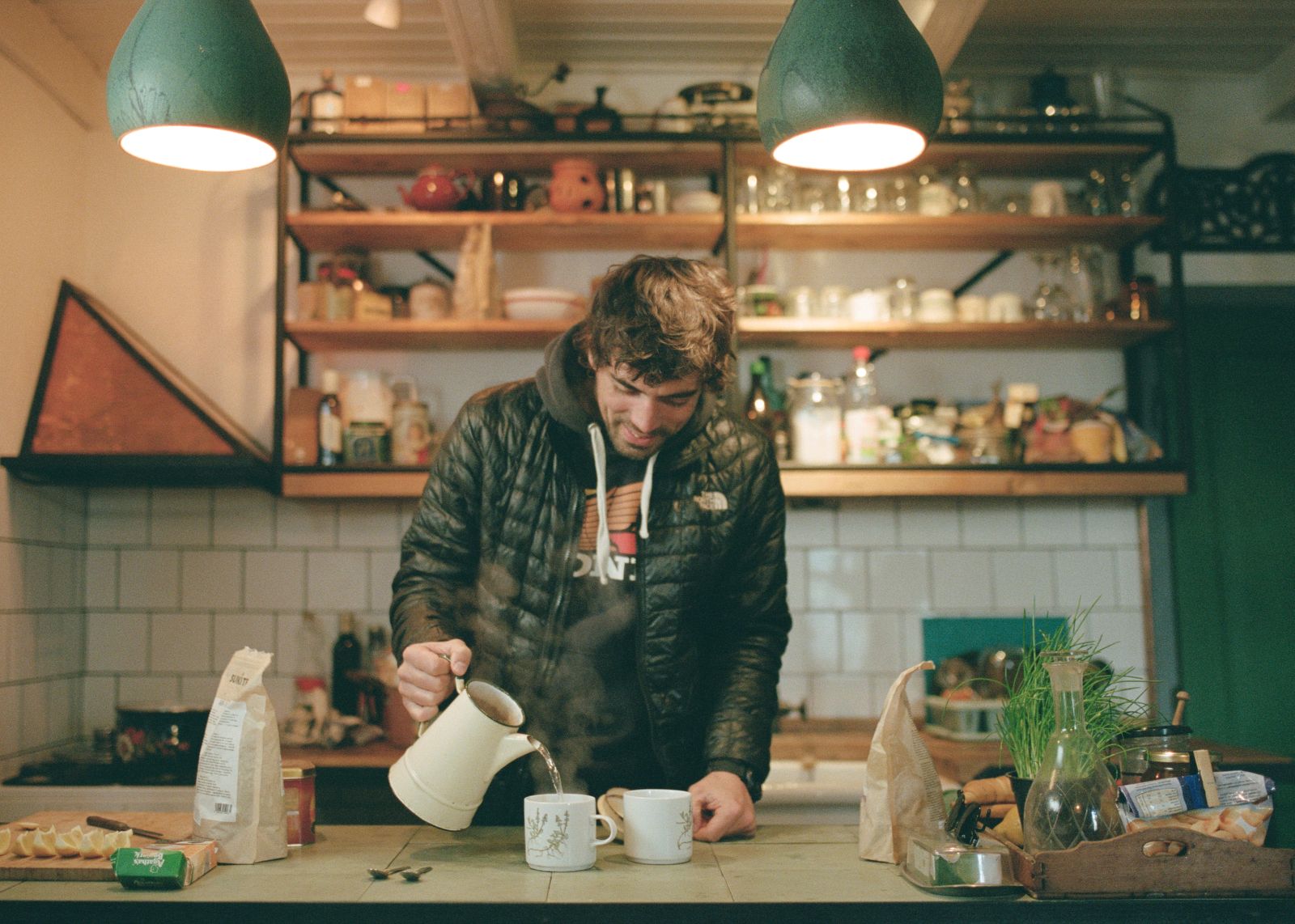
What we do in the design and development process was actually invented hundreds of years ago and could be done without the computer, so the methodology itself is already there. The computer simplifies your life, of course—you can immediately draw it up proportionately and see what it would look like in a given space. I have to do that with a scale ruler now, which is fine, of course, because I’m comfortable with it, but I think I’ll have to learn to use these programs eventually.
The way my partner and I usually work when we design is that we have an idea in our heads, we discuss it at the table, sketch it out on paper, scale it up and see how it can be technically implemented. When we have a rough idea of what we want to make, I usually look online for inspiration or analogies. When we want to know one or two finer details, for example about a special lock mechanism, I look online to see how others have done it.
I’m, by the way, a big fan of various architecture, interior design or garden design albums—I don’t collect them to decorate my coffee table. Picking up a book, leafing through it, contemplating a picture, getting lost in the details—that’s what inspires me. I think I inherited that from my parents.
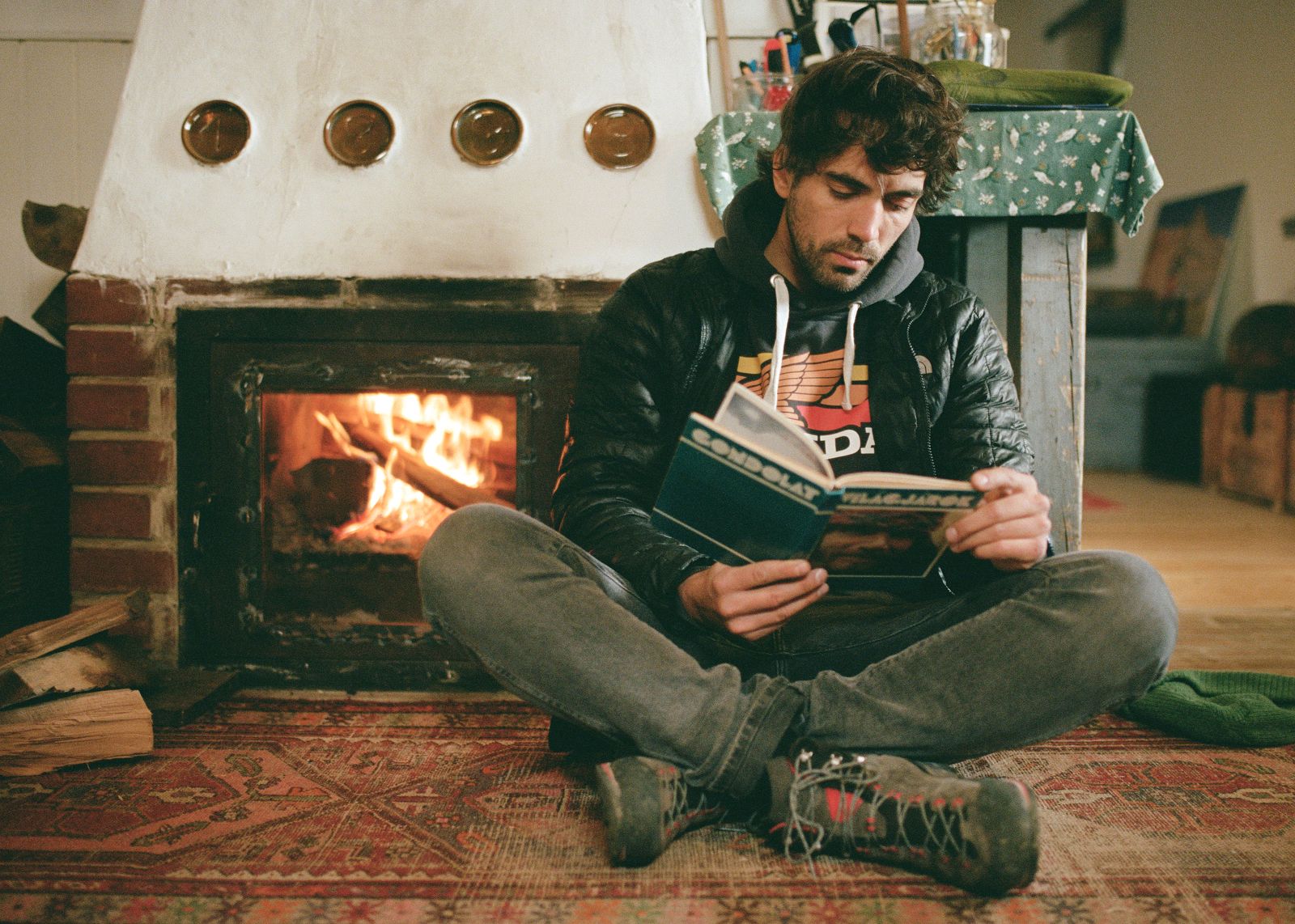
David Sax’s bestselling book, The Revenge of Analog, tells the story of analog media and their renaissance, including paper, vinyl, film and board games. The book is subtitled ”Real Things and Why They Matter.” What would you add to this list of things that are important or indispensable to you?
I keep a pair of pliers in my car (it has saved my life many times), a Swiss pocketknife and, importantly, a good quality flashlight. (laughs) All joking aside, I don’t want artificial intelligence to guess what music I want to listen to; I want to be the one to decide. For example, I’ve been listening to music on Mixcloud lately, but I also really like it when my friends share tracks with me—I feel like it is much more personal than relying on a machine.
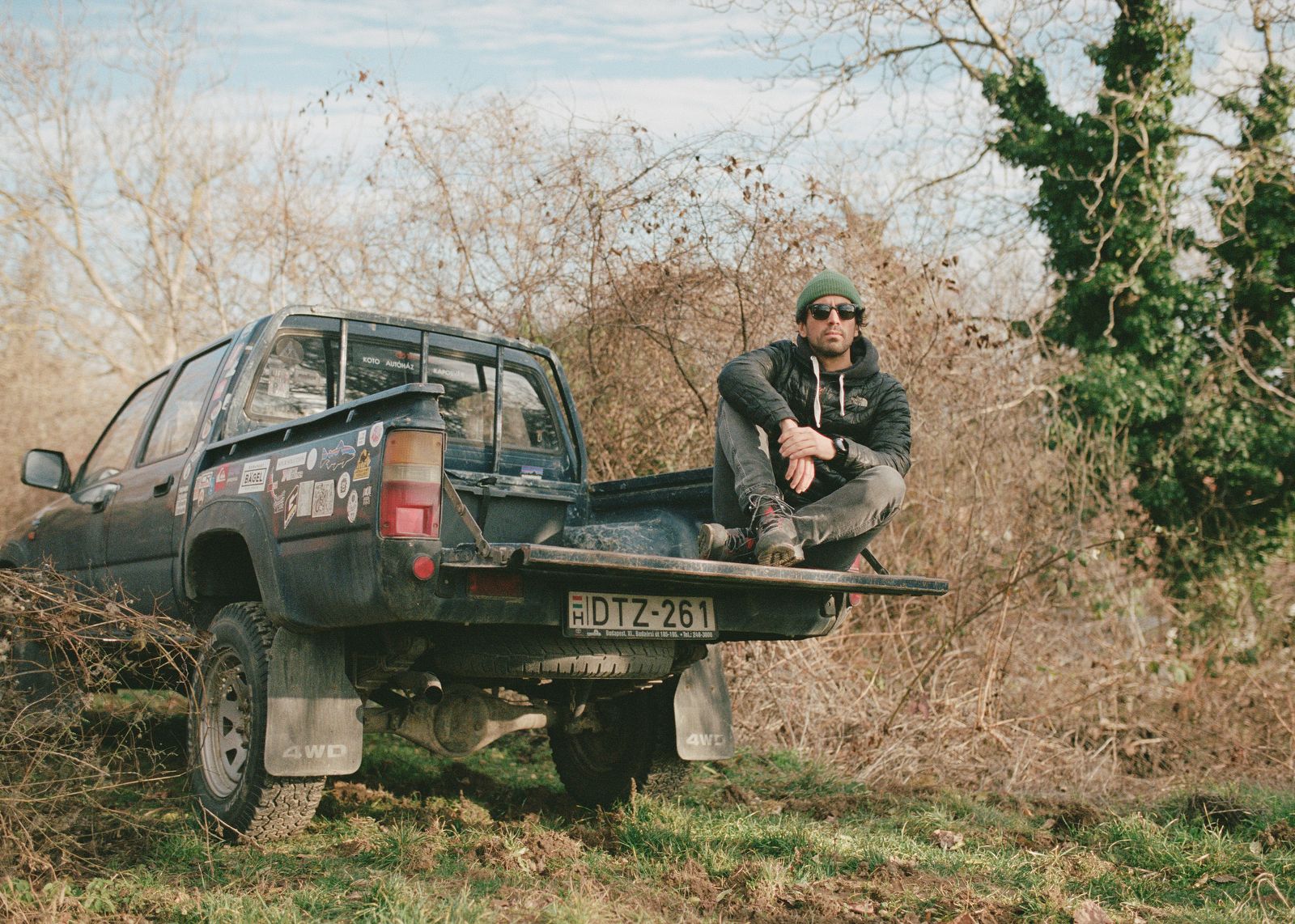
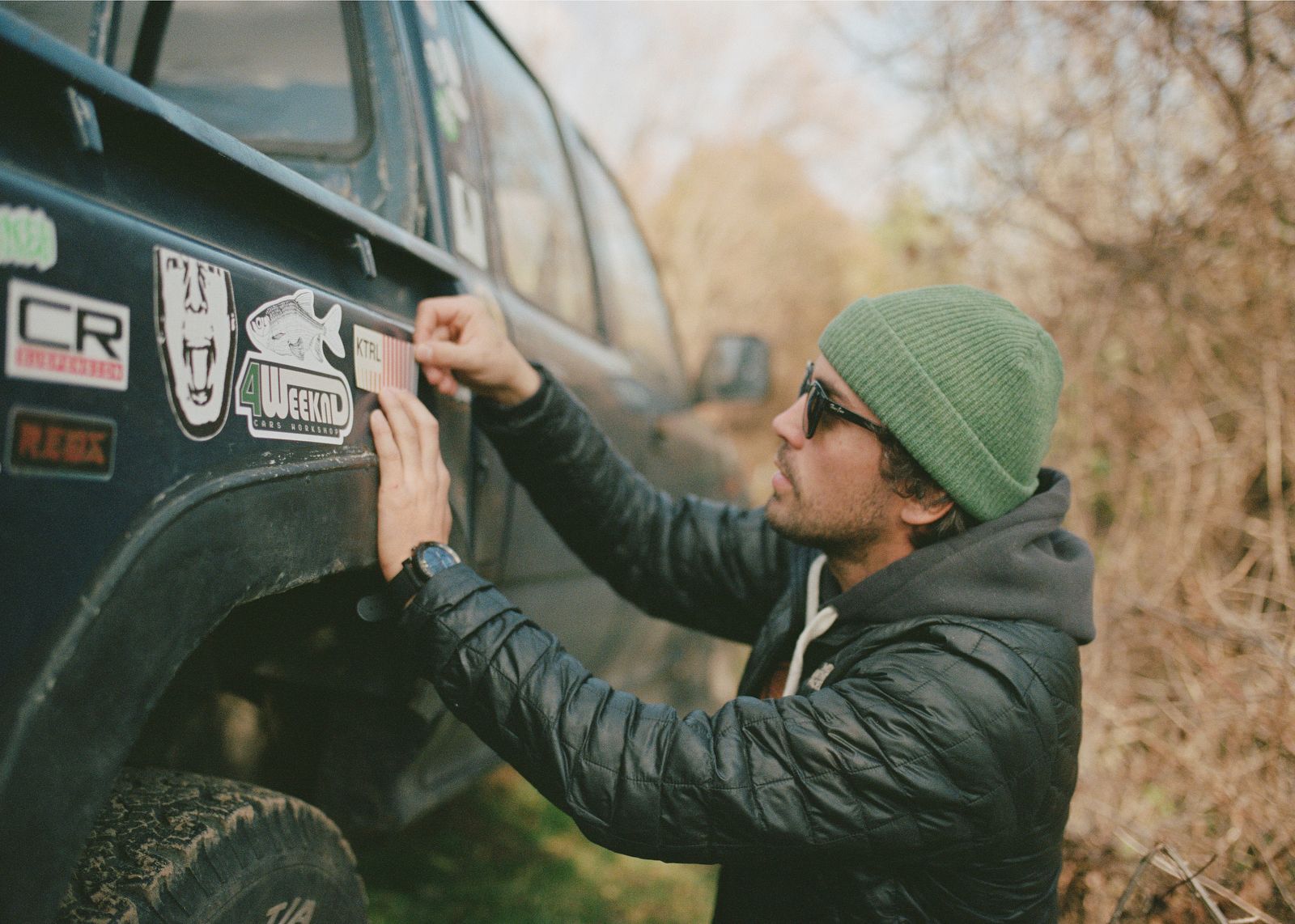
When we play a vinyl record here in Révfülöp, for example, you usually listen to the A and B sides from beginning to end—it’s a dedicated time, you pay much more attention to the music itself. You pick the vinyl, you look at the cover—a bit analogous to a book. For me, it’s also very important what the cover is like, what the binding is like, what kind of paper it’s printed on, what the format is, and even the translation is important. The tangibility of the record itself gives you more than just clicking on the ’play’ button on the online interface.
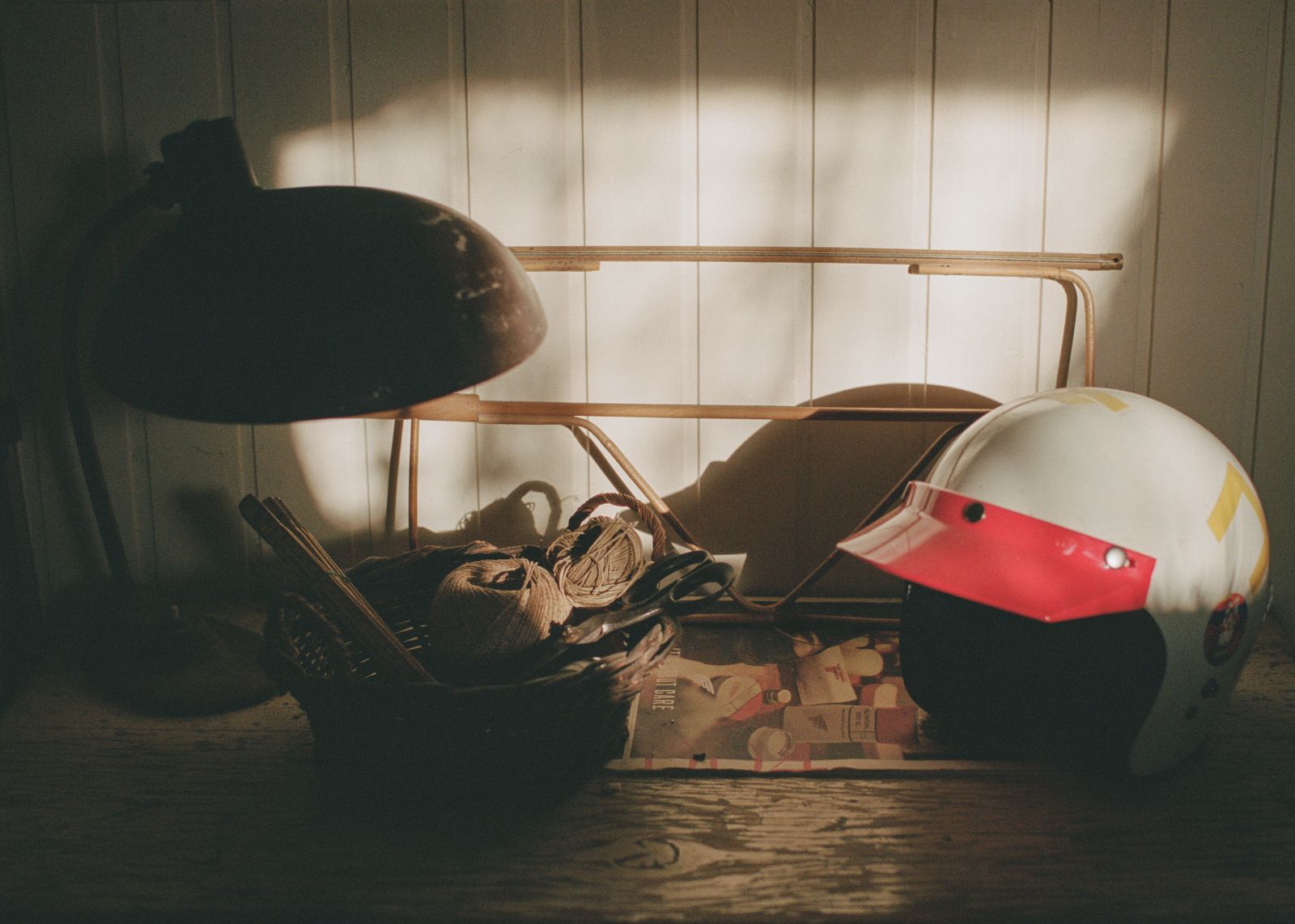
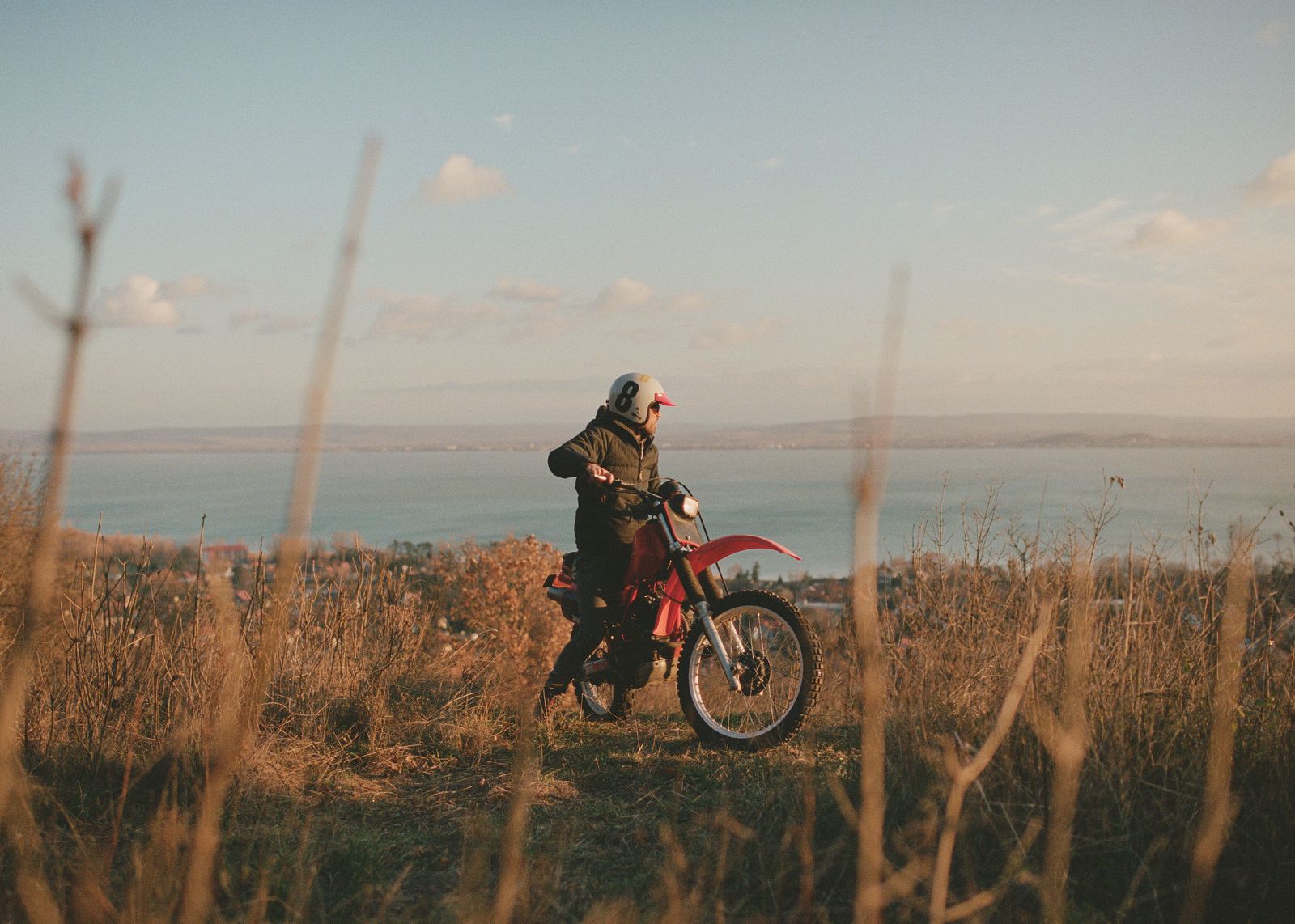
What does real freedom mean for you, a man of the Renaissance, in today’s digital world?
Real freedom—and I think not just for me, but for others too—is when you can be independent of these digital tools: you don’t get a stomach cramp if you haven’t logged in to Facebook that day, or seen hundreds of pictures on Instagram, or read the news online. I experienced a bit of that myself when I went back to my analog phone life. I want to have a life where these things are present in healthy proportions. My grandfather was also an architect, but no one expected him to answer anything on the weekends, for example. People respected other people’s time.
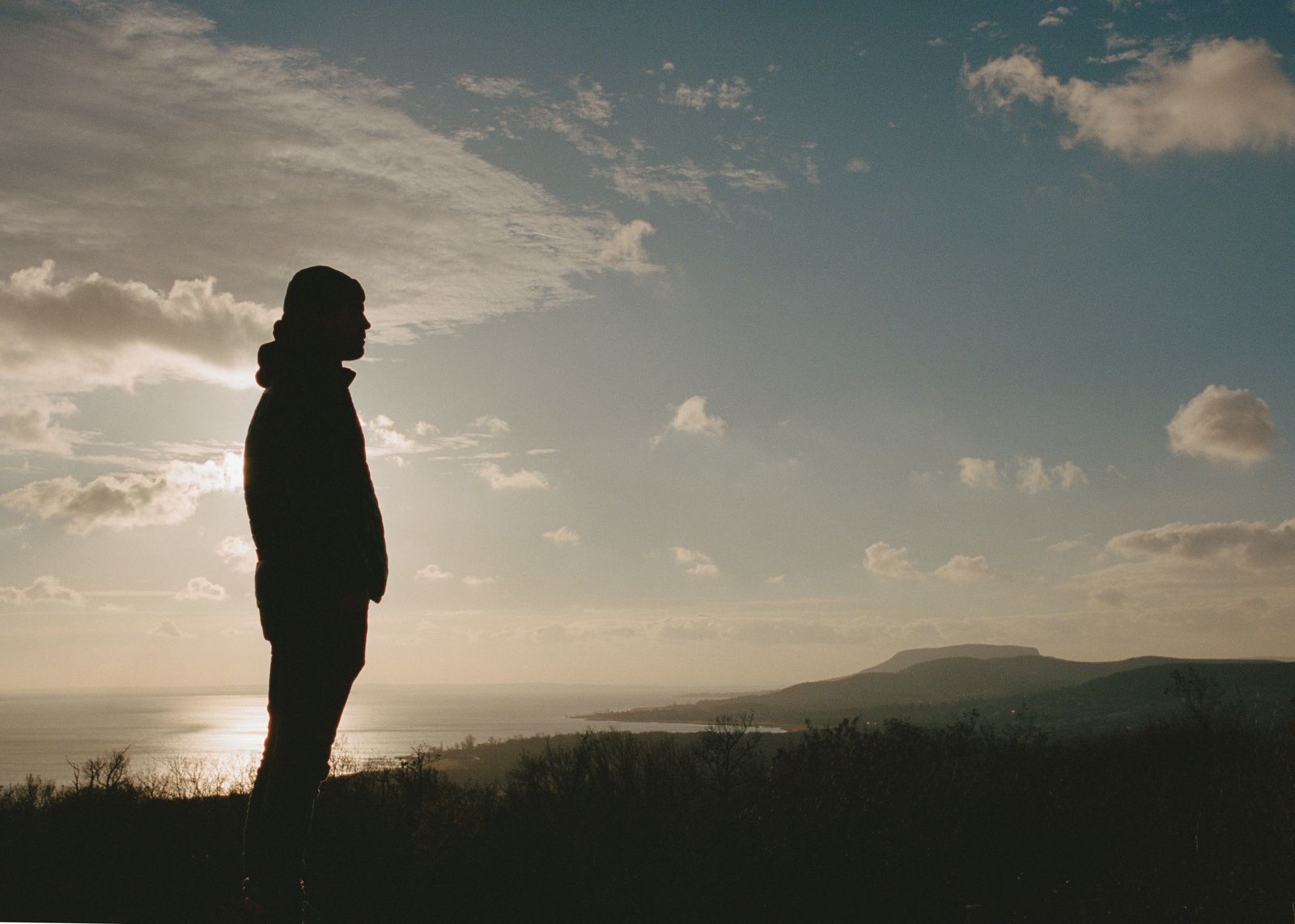
Traveling is also partly about being able to disconnect yourself from these devices. The experience is not sitting in the car, it’s when you’re gliding through the landscape—I don’t want to get there quickly, I’ll get there eventually. I want to experience the journey. For example, when we were out with friends in Slovakia, the trip was not about getting to the High Tatras as soon as possible, but about turning off wherever we wanted. We may have made an extra two- or three-hour detour, but every minute of it was about enjoying the experience (read about the motorbike tour from Levente here—ed.). That’s one of the attributes of analog existence, I think, that you can soak up the life that surrounds you.
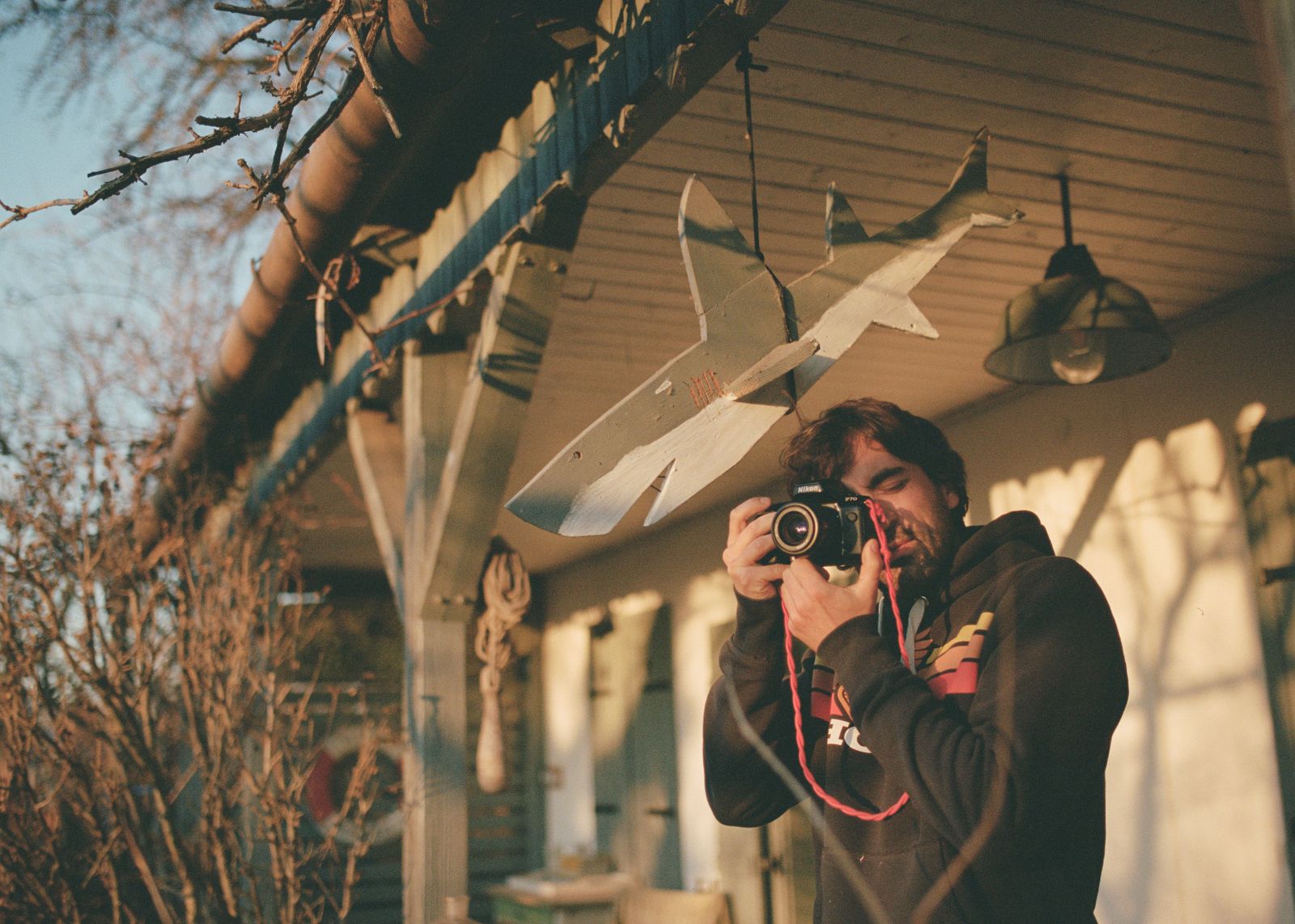
And some quick questions:
Google Calendar or classic diary?
Classic diary.
Netflix or cinema
Mostly neither. I rarely go to the cinema. It’s a bit frustrating that the cinema only screens current movies, I used to go to a lot of video stores, for example.
Spotify or vinyl
Vinyl, but not out of snobbery.
Kindle or classic book?
Definitely not Kindle.
Do you prefer to shop online or in a store?
In a store. If I buy something online, I am usually disappointed, or I only buy online if the item is really only available online. For a book, for example, I would rather travel to my favorite bookshop in Vienna and pick up the book I want.
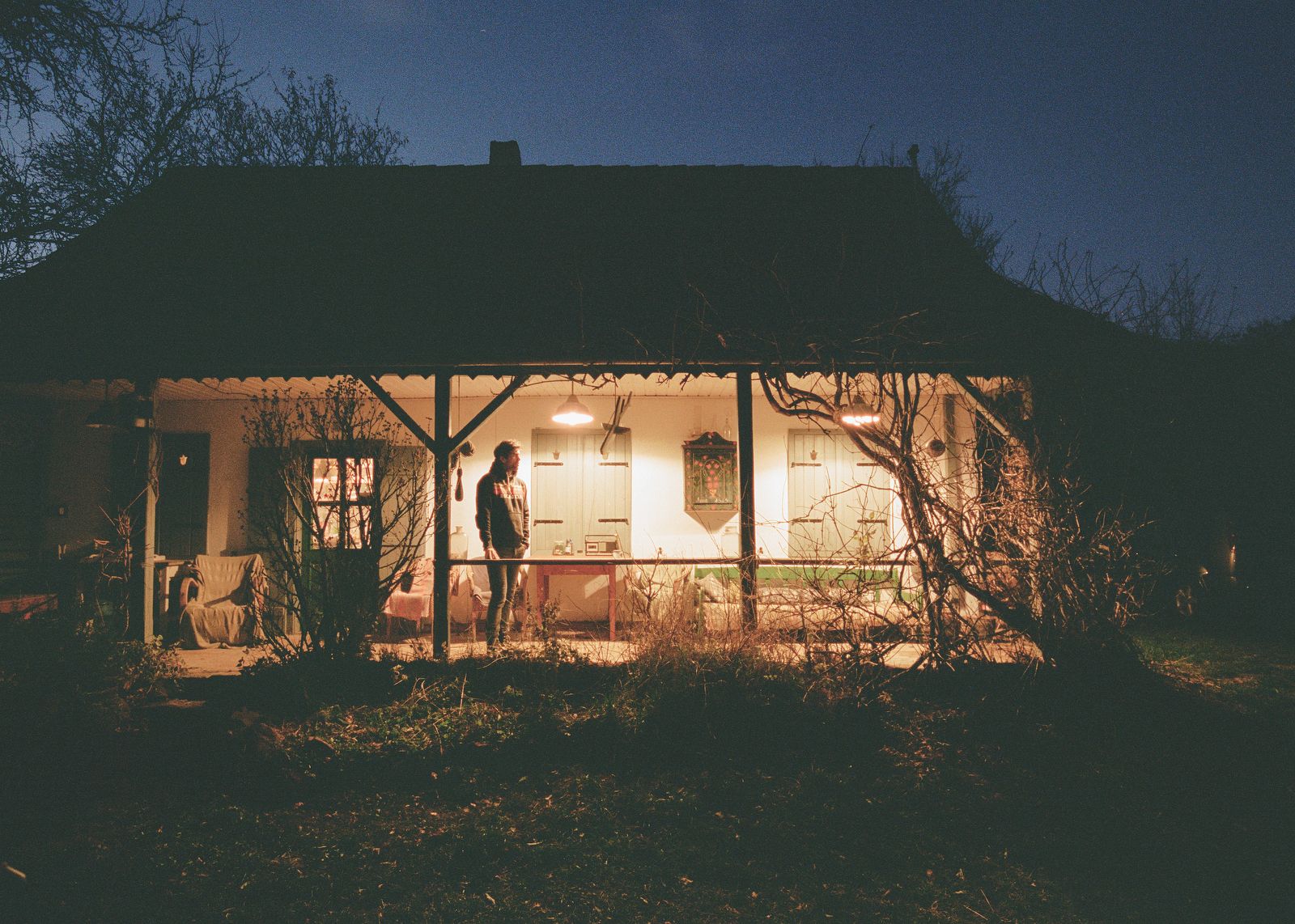
Photo: Balázs Mohai
Levente Trellay | Instagram
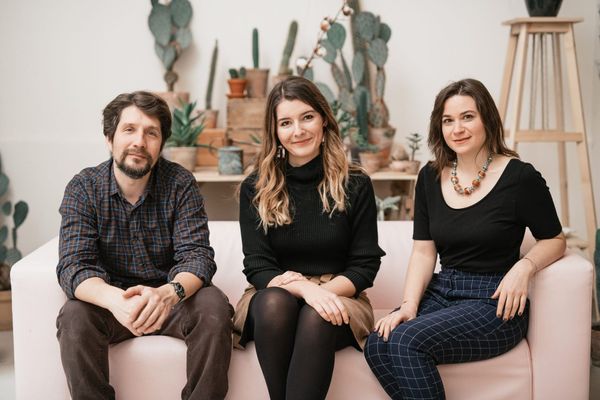
"Sustainability is not black or white" | Interview with the founders of Green Guide Budapest
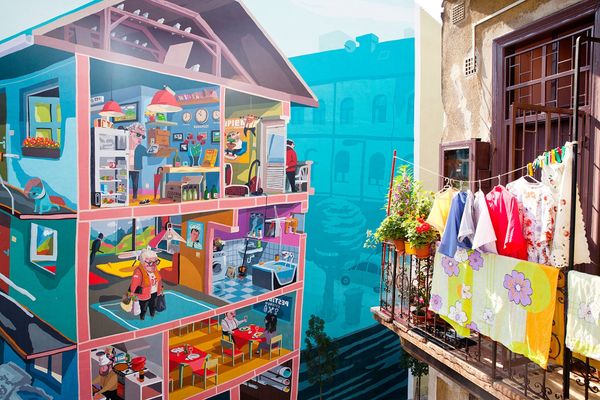
Monumental murals, livable cities | TOP 5
